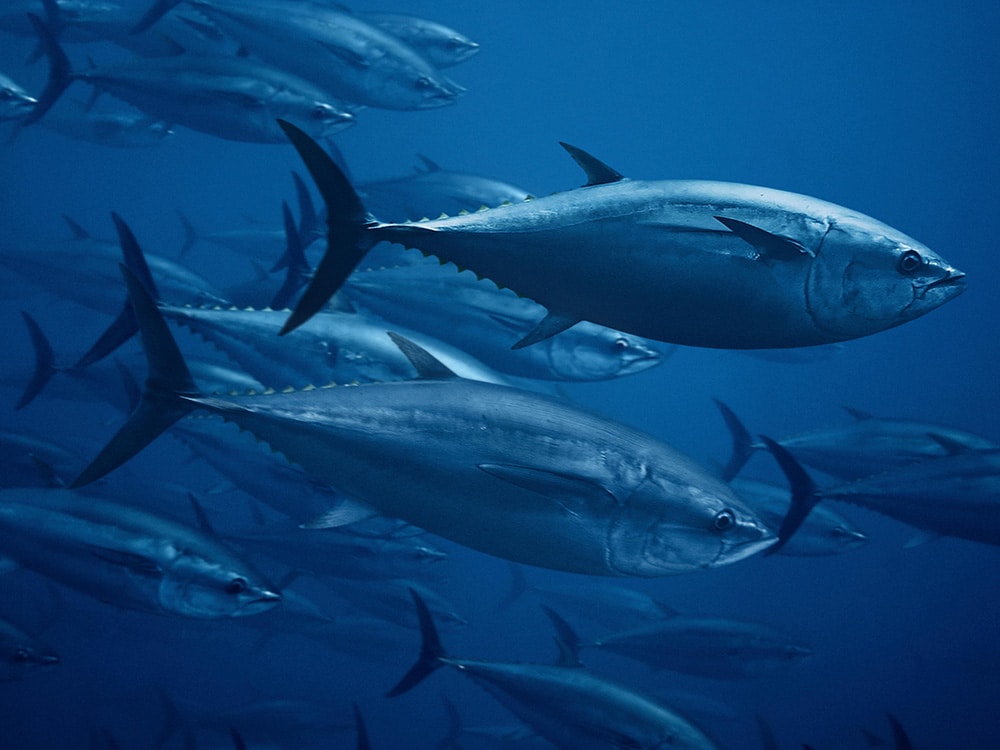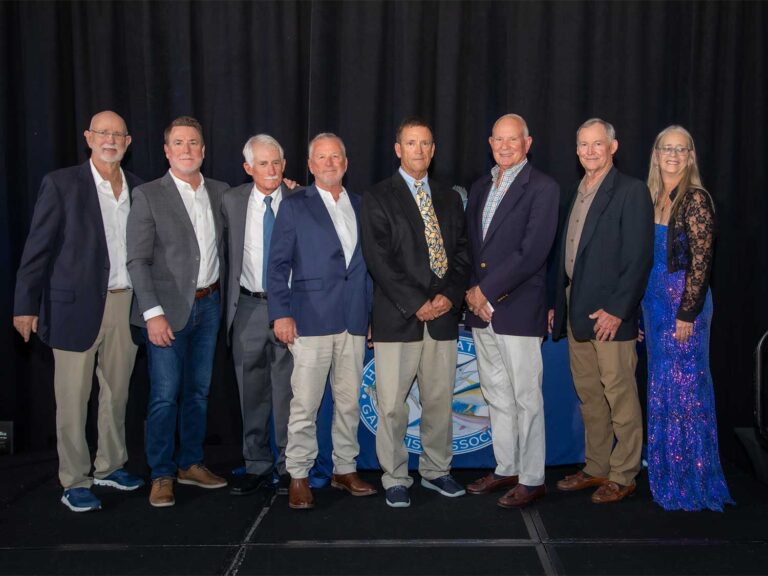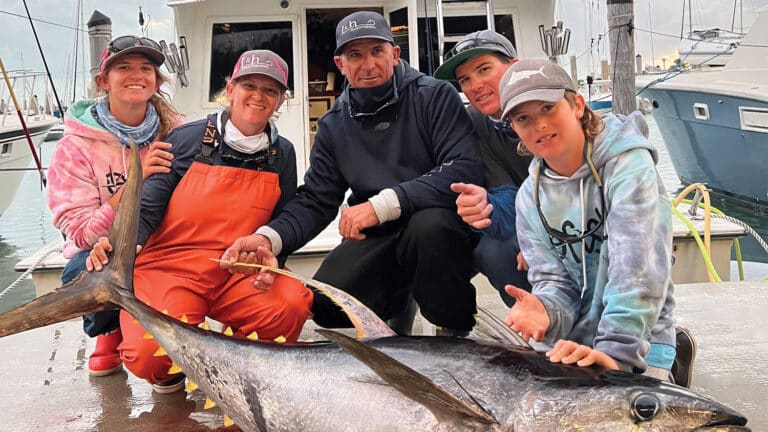
The 25th regular meeting of the International Commission for the Conservation of Atlantic Tunas concluded on November 22, 2017. For those who may not be familiar with this group, ICCAT is the regional fisheries-management organization responsible for the conservation and management of tunas and tunalike species in the Atlantic Ocean and adjacent seas. Established in 1966, ICCAT manages roughly 30 highly migratory species, including billfish, swordfish, bluefin and bigeye tuna and a host of others familiar to recreational anglers throughout the Atlantic basin.
Bluefin Tuna Stock Assessment
Once again, the hot topic of the annual meeting was eastern and western Atlantic bluefin tuna. Results from the 2017 bluefin stock assessment were somewhat positive and indicated that precautionary, science-based management was indeed working. Both eastern and western stocks are no longer experiencing overfishing — that is, being harvested at a rate that will not achieve maximum sustainable yield.
“Blue marlin are scheduled to get a new stock assessment this year.”
There were, however, some additional uncertainties in the 2014 assessment that were not resolved in the 2017 assessment. Namely, we really have no indication of the status of either stock relative to the biomass necessary to achieve MSY or other biomass reference points. The ICCAT Standing Committee on Research and Statistics cautioned that the western bluefin’s abundance might decline in coming years due to a number of factors, including the fishing out of the strong 2003 year class coupled with no evidence of strong new year classes bringing up the rear. The SCRS also warned that estimates of western stock abundance might be inflated due to increasing numbers of eastern bluefin tuna showing up in the western Atlantic fishery.
So, what happened this year? The quotas were increased for eastern and western bluefin stocks by 52 percent and 18 percent, respectively. The commission raised the eastern bluefin quota to 36,000 metric tons by 2020, even though the SCRS advised that a quota of 28,000 tons or less would be necessary to allow the stock to continue to grow. The western bluefin quota was set at 2,350 metric tons annually through 2020, which is the highest in a decade and also takes place during the last year of a rebuilding plan that was initiated in 1998. While scientists believe these increases will still prevent overfishing, there is concern that quota hikes may prevent these stocks from rebuilding.
Bad News for Bigeyes
Bigeye tuna also came up short during the meeting. A proposal put forth, but ultimately shot down, would have capped the number of FADs and purse-seiners that fish for tropical tunas until science-based measures could be adopted this year. This move would have helped alleviate some of the overfishing that juvenile yellowfin and bigeye tuna are experiencing from the skipjack tuna FAD fishery. The United States and several other co-sponsors proposed a suite of bycatch-mitigation requirements, already used in the U.S. pelagic longline fishery, to protect sea turtles. The measures would have also helped depleted billfish stocks, but unfortunately, consensus was not achieved on the proposal.
There was some positive news. ICCAT has agreed to transition from traditional annual quota negotiations to progressive harvest strategies, where participating ICCAT countries agree to a set of long‑term objectives that are based on the health of the stock. The total allowable catch of North Atlantic swordfish was also lowered to keep the stock healthy, while at the same time protecting the United States’ historical quota share of the fishery.
Blue marlin are scheduled to get a new stock assessment this year, with white marlin following next year. Based on the results of these assessments, we may see marlin back on the ICCAT negotiating table in the near future.







